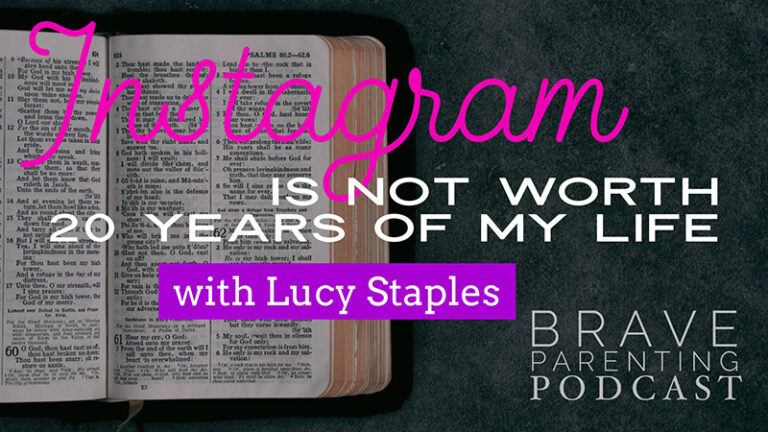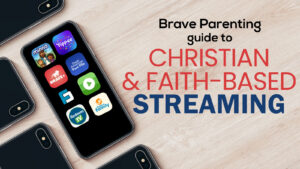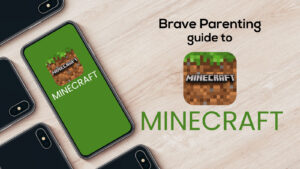The Pattern
“Ask me who are the 3 people I hate and I’ll tell you” the girl’s Instagram post starts out.
Quickly, fellow high school students jump in guessing who, preferring this gossip rich distraction to their teacher’s lesson or assignments. Before long, the girl reveals the names on her new “hated” list.
“Wait – I though y’all were friends” a confused commentor posts.
She answers by posting a group photo where the “hated” girls’ faces are scribbled out and explains, ‘we were friends – but not anymore.’
Perpetually on their phones, even during school, word travels fast throughout the sophomore class. The “hated” girls find out they’ve been the topic of social discussion and debauchery when their own friend unfriended them, then set out to blast and shame them on social media.
Hurt and embarrassed, they open their Instagram account to find everything said about them has been deleted. Screenshots taken by other friends are the only proof it even happened at all.
The original poster hopes erasing it from social media equally erases the memory, hurt feelings, and potential consequence. At least, for that moment. Given a few more hours or maybe days, similar posts go up seeking further ‘validation’ at the cost of her friendships. And once that post has its desired affect, it is deleted just like the others.
Post. Shame. Delete. Repeat.
This is the behavior of our generation of teenagers. This is how they use social media. And worst of all, this is how they are learning to do relationships.
Adults do not relate like this. Most competent adults will not take to social media to blast out their grievances about friends, only to delete it all before the person sees it.
Why not? Other than because it is manipulative, passive/aggressive, and immature, it is because adult brains are not wired to behave this way. There was no social media when they grew up. They did not have constant, instantaneous communication and a global platform to market themselves on. Pre-social media, there was never a choice to make relationships a transaction as it is today. Back then, if teens wanted friends and close relationships, it meant learning how to make them work.
For teenagers today, friendship is not about connection; it is more like a transaction. Friendships are expendable: one click on ‘Unfriend’ or ‘Unfollow’ is all it takes to end it. Easy come, easy go.
Likewise, the self centered transaction mentality in relationships constantly asks the underlying question of, “Will being your friend benefit me?” Instead of developing true emotional connection, trust, and respect with a person, teens are transacting their friendships by: “who will get me ahead?”, “who will make me more popular?”, or “who will bring me down in their shame?”
Similar to how prostitution allows an imitation of intimacy without connection, social media today allows teens to imitate friendships without connection. Both are based on a transaction, and both are dangerously unhealthy.
Unfortunately, the behavior of Post. Shame. Delete. Repeat. is now normal. Teens feel invincible against the Internet’s ability to delete information. Cyberbullying thrives in these places.
As an adult, relationships are the foundation and substance of life. If treated like a transaction, someone ends up “broke”. Friendships are about authentic connections with people, through thick and thin, good times and bad. Real friendships do not seek personal gain or the other’s shame. Every word and action matters because there is no delete button.
Are parents setting their teens up for relational failure by allowing them to live out their friendships on social media in this transactional format?
Most agree, yes.
The Problem
One problem is parents aren’t taking the responsibility to teach teenagers how social media should be used. Arguably, parents themselves barely know how they should use social media. But what adults do know is what healthy relationships look like and, at the bare minimum, what characteristics make for a good friend, coworker, and spouse.
Perhaps, parents don’t feel qualified to teach their children how to use social media. Understandably, children are savvier in this regard than most parents. Parents can, instead, focus on teaching how NOT to use social media based on emphasizing good character.
Because, qualified or not – social media or not – it is the parents job to raise and teach children good character.
Character training shouldn’t end in elementary school. It must continue on through middle and high school and even more so on social media. Kindness, respect, and self-control are character virtues which will carry a teenager successfully through social media and into adulthood. Parents have to teach this character.
Teaching good character requires no qualifications. It only requires communication, modeling, and expectations. Explain how adults kindly, respectfully, and empathetically handle challenging friendships. Describe to teens how healthy relationships feel and are maintained (even if they are amidst gossip or back-stabbing.) Teach them how to fight for friendships in a healthy way, and most importantly, how to ask for forgiveness when wrong. Finally, hold them accountable to these character expectations.
If parents don’t teach this, who will?
Post. Shame. Delete. Repeat. is an unhealthy way to work through relationships and is setting teens up for failure. Seeking a transactional validation at the expense of another’s reputation and character should never be acceptable behavior from teenagers. This is a major source of bullying, and parents hold equal responsibility for stopping it.
Parents: It is YOUR job to teach your children how not to use social media.
Now, you know. Get to work.












